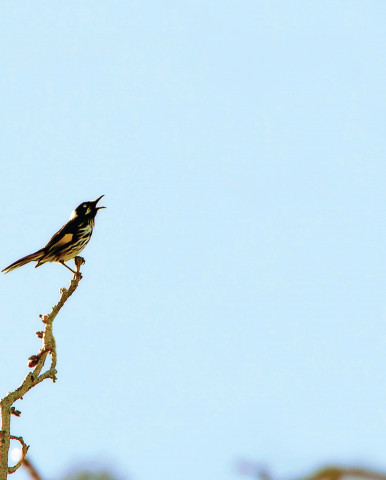Deforestation blues: A thousand trees fell in Swat
Environmentalists term impact of floods as bad as illegal logging.

The once scenic valley of Swat is no longer covered in lush, dense forests. During the three years of carnage when the economy of the valley was paralysed and most infrastructure destroyed, the precious forests were mercilessly brought down by timber smugglers.
The problem was further compounded by last year’s floods that swept away hundreds of trees. Environmentalists termed the impact of floods equal to the devastation caused by illegal logging.
To raise awareness of the importance of trees, a seminar was held in Barikot Tehsil, organised by Swat Rotary Club in collaboration with the Global Peace Council and Malakand Development Organization.
“The recent high intensity floods were a direct result of global warming in the area. Our first weakness is the disappearance of our once thick forests. In the past, one could see dense forests everywhere in Swat, but today the mountains present a barren, ugly appearance,” said Ihsanullah Khan, a local activist and landlord of Matta Tehsil.
He added that bringing the forests back to life “is not a one man job, but requires a collective effort to motivate common folk to take part in the plantation of trees.”
Darwish Khan, another landowner from Matta, told The Express Tribune that forests in Swat are cut ruthlessly because they serve as a lucrative income source in Swat. “It is done by powerful timber smugglers who work like any other organised crime gang. Timber smuggling in Swat is a flourishing business, carried out openly.”
The Taliban rule in Swat did not help the trees either. Khan said, “Back then, the forests were cut freely after the mafia paid their ‘taxes’ to the Taliban. The final nail in the coffin came in the form of floods, which left many areas naked by wiping out our precious timber.”
Swat Hotel Association President Zahid Khan told The Express Tribune that the number of tourists coming to the region had fallen significantly. He said people used to visit Swat in June and July due to its pleasant weather and natural beauty. “This is not so anymore,” he said.
Kishwar Ali, a representative of the agriculture department, said they had planted 2,800 apricot, 2,100 plum 950 peach and 600 orange trees this year. He said, “Today, the large scale new orchards are not only locally financed, but there is a notable contribution from the agriculture department too.”
He urged local farmers and orchard owners to visit their department regularly, which will support them in every which way possible.
At the end of the seminar, farmers and landowners resolved to take part in a non-stop plantation campaign to make every naked mountain of Swat green again.
Published in The Express Tribune, April 17th, 2011.


















COMMENTS
Comments are moderated and generally will be posted if they are on-topic and not abusive.
For more information, please see our Comments FAQ